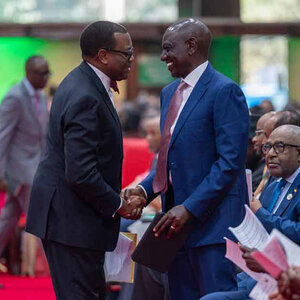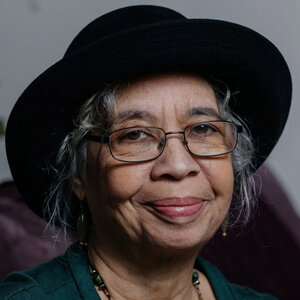Kresge Foundation Commits at Least $15 Million to South African Higher Education
The Kresge Foundation has announced that it is renewing its commitment to higher education in South Africa and has pledged to award at least $15 million to such efforts through 2018.
Between 2005 and 2011, the foundation invested almost $19 million in support of South African higher education, with a focus on institutional development and advancement. The new commitment aims to build on the foundation's efforts to improve access to education in the United States by adapting and applying lessons it has learned to South Africa. "In 2011, we engaged dozens of South African higher education leaders to determine how Kresge might continue our commitment to higher education," said Rip Rapson, the foundation's president and CEO. "The overwhelming consensus was that we could be most helpful by replicating our American focus with modifications to fit South Africa's specific needs."
The new effort, Promoting Access and Success at South African Universities, will seek to strengthen pathways to and through universities, especially for students traditionally under-represented in South African higher education; and build the fundraising capacity of universities so that they can focus more of their resources on priorities such as improving graduation rates. To that end, Kresge is continuing its partnership with Inyathelo, the South African Institute for Advancement, and will help fund a new partnership between Inyathelo and Rhodes University to develop a post-graduate diploma in advancement.
Looking to the future, Kresge seeks to help South African universities better support students who are not well prepared to do university-level work. Possible grants might include analysis of student engagement in postsecondary education and assisting universities in the use of data-driven approaches to determine what interventions are most effective at improving university graduation rates, and why.
"Kresge believes the conditions playing out in South Africa mirror many of the world's most critical issues: the growing divide between rich and poor, transitions to democracy in formerly repressive societies, and the effect of globalization on developing countries," said Rapson. "We hope our renewed commitment to South African higher education will buttress one of the world's most influential nations as it seeks to strengthen both democracy and its global competitiveness. We think South Africa has much to teach the world."






